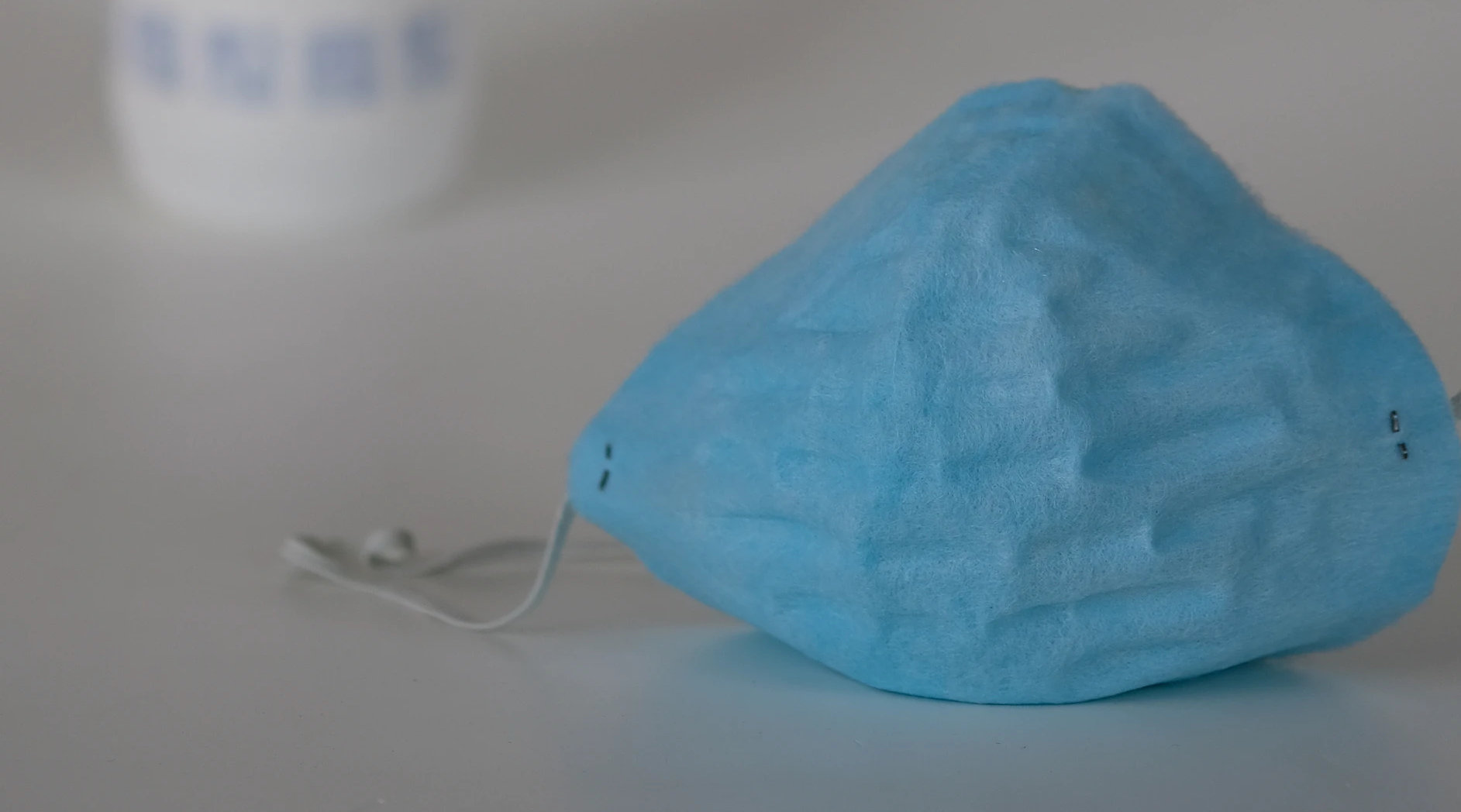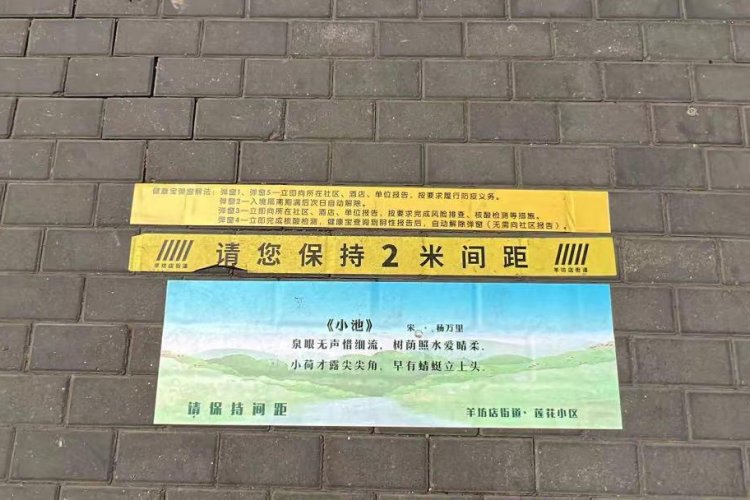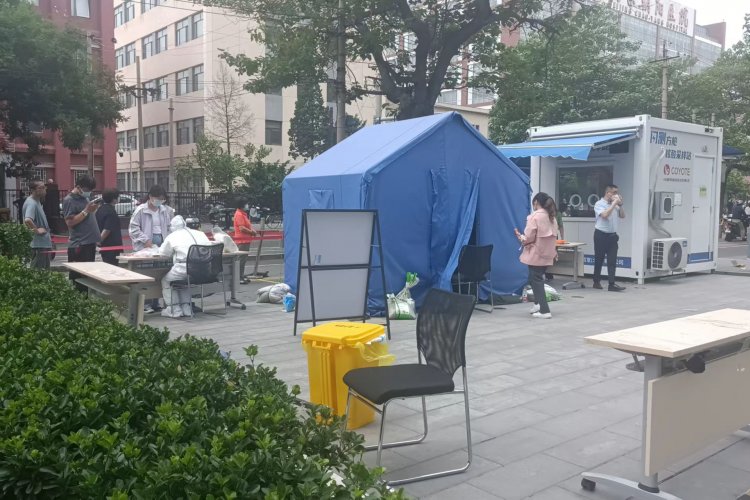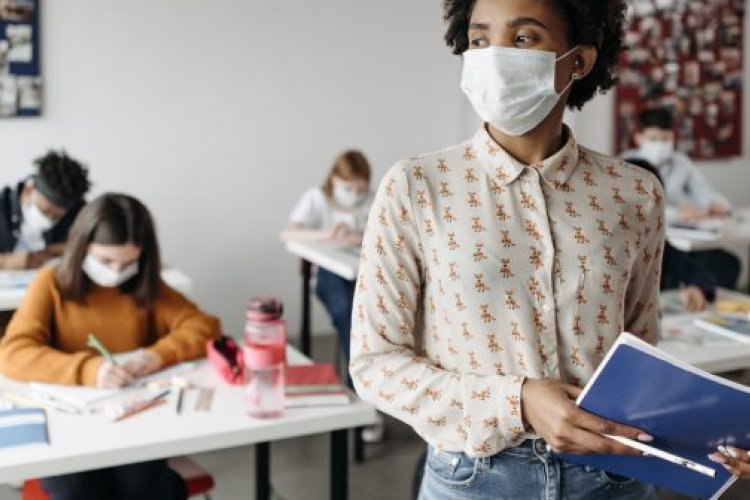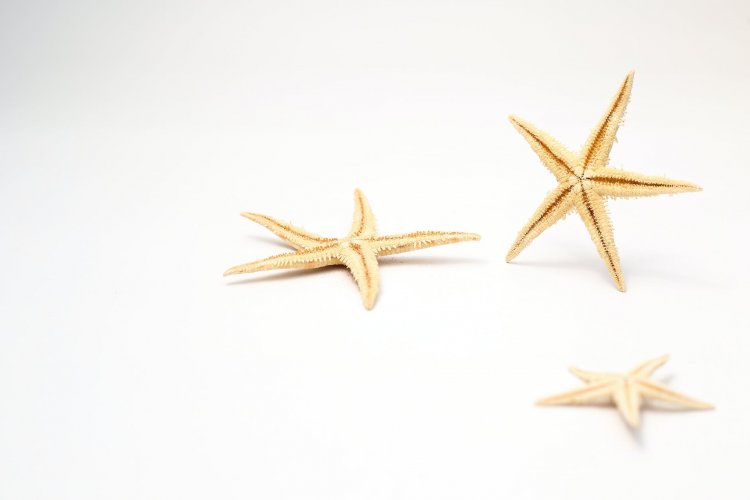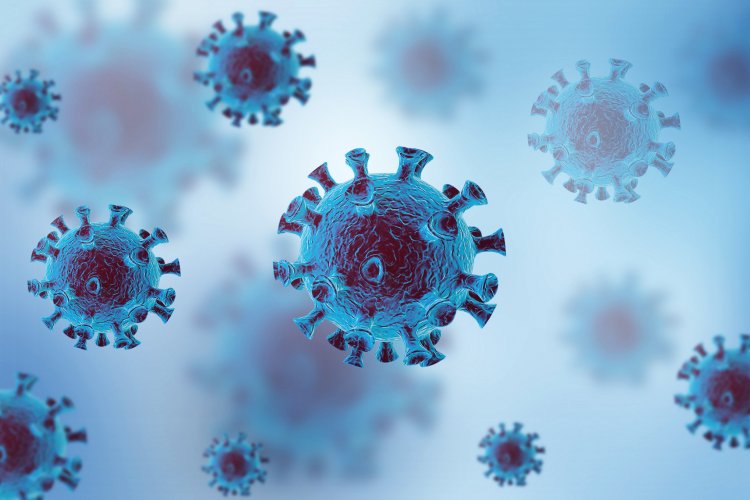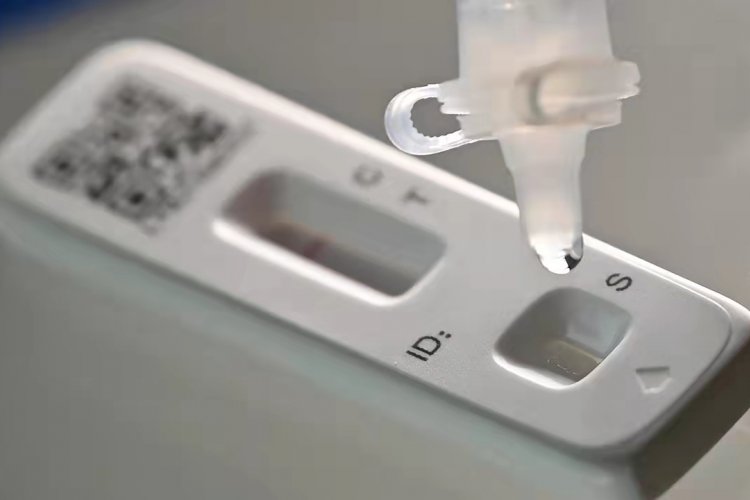Mask After Vax? Yes! And Other Mask Questions Answered
The past year has seemingly turned us all into mini-epidemiologists, forced to learn the science behind how one particular virus spreads in order to keep ourselves safe. Because masks have been shown to be the most effective tool in slowing the spread of COVID-19, we’ve all come to know a great deal about them: Don’t wear your mask for more than six hours, dispose of it properly by folding and wrapping it – this is all common knowledge by now.
But as Beijing deals with the latest wave, and as vaccinations are finally underway, questions about masks have been circulating online, proving that after all this time, we may still not know it all. This being the case, Beijing Daily recently published a Q&A on these issues with Dr. Song Rui of Beijing Ditan Hospital, and we’ve taken the liberty of translating a few key answers, with additional input where necessary.
Do I have to wear a mask after getting vaccinated?
According to Dr. Song, the answer is a resounding yes. To date, there are no vaccines in distribution with a 100 percent efficacy rate. Much like masks are only effective if everyone is wearing them, vaccines too must be widely administered before they can finally put a stop to the virus’s spread. Therefore, vaccinated individuals must continue to take every precaution, including mask-wearing, hand washing, and social distancing.
Should I be wearing two masks, just to be safe?
This question was recently a matter of debate in the US, where highly effective masks may not be available to everyone. However, it seems the scientific community is not in full agreement on this one. Dr. Anthony Fauci, that country’s chief medical advisor, initially said that it is “common sense” that two masks should be more effective than one, but later walked back those comments. Meanwhile, Dr. Song takes a firm stance in the opposite direction, arguing that not only does adding another mask not increase effectiveness, but may hinder airflow, meaning that you will be breathing more air through the sides of your masks rather than filtered air.
Fortunately, if you’re living in Beijing, then more effective masks are available to you, so if you’re worried about the effectiveness of your mask, then you can simply buy an N95 mask rather than worrying about this question while the jury is still out.
What type of mask should I wear for different situations?
Eight months ago, it seemed like everyone was clamoring for N95 masks and wearing them whenever they stepped foot out the door. Now, after intense study, we have a much better understanding of how the virus spreads, which allows us a bit more wiggle room to ease our breathing in certain conditions. Here’s how Dr. Song puts it:
- There are different levels of protection: N95 > surgical masks > common medical masks > other masks > no mask.
- For ordinary people, different levels of protection can be used for different circumstances. If you’re walking by yourself or driving, you don’t need to wear a mask. When shopping, going out to eat, or in any public place where people are somewhat concentrated, use a single-use medical mask or surgical mask. On public transit and in small spaces where people are especially concentrated, or when visiting the hospital, use a surgical mask or N95 mask. No matter what, however, wearing any sort of mask in a public place is better than no mask at all.
When I return home, should I wash my hands first or take off my mask first?
This is something you may have learned before, but fallen out of the habit when cases declined in Beijing. Now that we’re back in the thick of it, it’s worth a reminder that the correct order of operations is this:
- Wash your hands.
- Take off your mask.
- Take off the clothes you wore outside.
- Wash your hands again.
Keep staying safe out there, Beijingers!
READ: Buttbusting: The Truth About The Anal Tests You've Been Hearing About
Image: UNSPLASH

